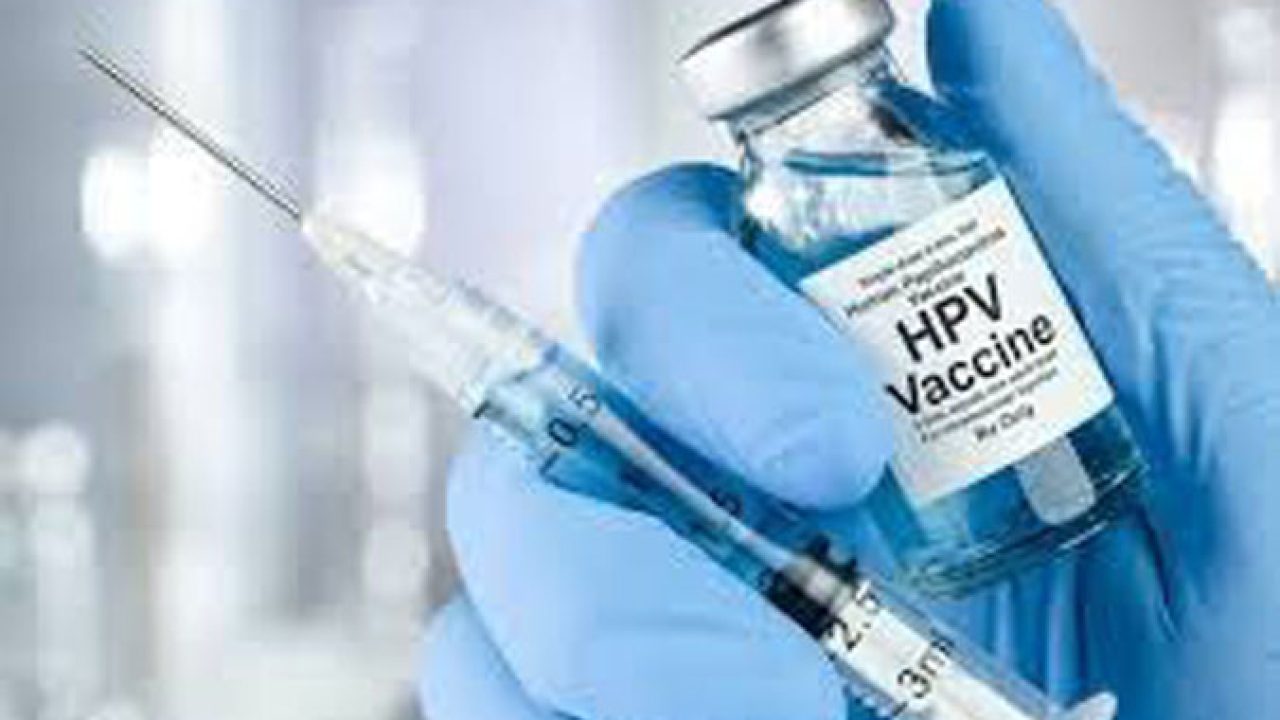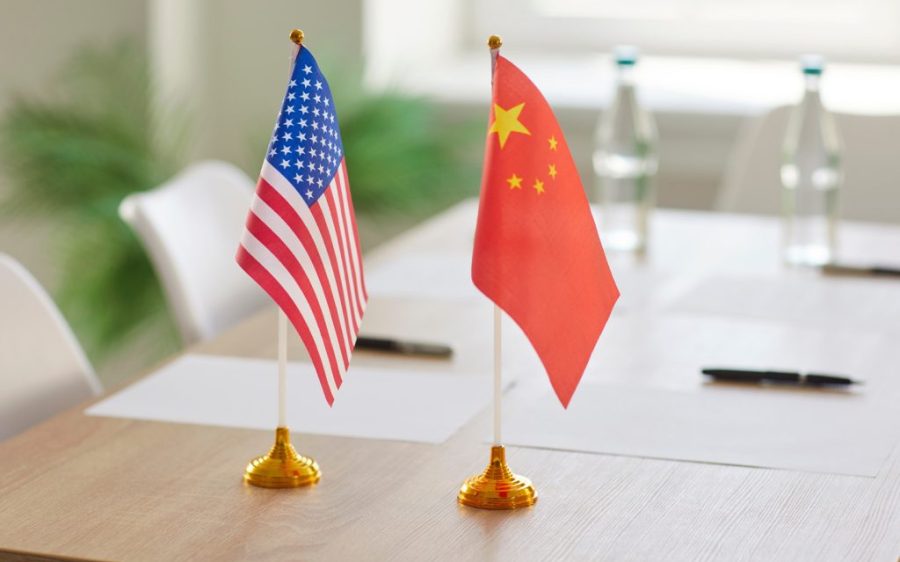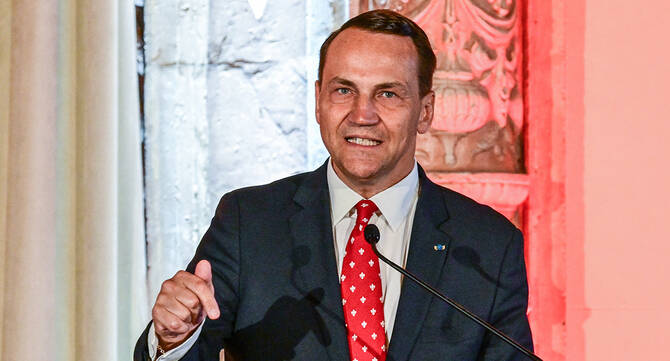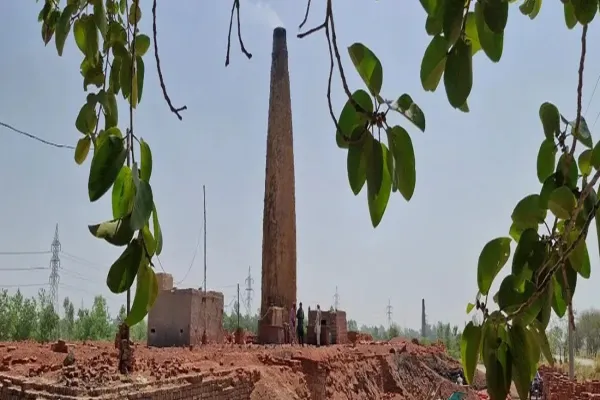According to officials on Monday 8th of September 2025, the United Nations Children's Fund (UNICEF) has started providing Pakistan with the HPV vaccine, which would help shield (13 million) females from cervical cancer. An important turning point in Pakistan's public health history has been reached with the starting point of the HPV vaccine campaign, which …
UNICEF Starts Providing Pakistan With HPV Vaccines.

According to officials on Monday 8th of September 2025, the United Nations Children’s Fund (UNICEF) has started providing Pakistan with the HPV vaccine, which would help shield (13 million) females from cervical cancer.
An important turning point in Pakistan’s public health history has been reached with the starting point of the HPV vaccine campaign, which is in line with the World Health Assembly’s Global Strategy to eradicate cervical cancer, the 3rd most frequent form of cancer among Pakistani women.
From September 15th to 27th, (136,760) girls between the ages of (9 and 14) in “Punjab, Sindh, Islamabad, and Azad Jammu and Kashmir” will be the focus of the statewide campaign. This will be the nation’s 1st attempt at a large-scale cervical cancer vaccine campaign.
An overall of (13 million) doses of the Chinese-made HPV vaccine are planned, and (5) consignments of (10 million) doses have already been received, according to Ministry of Health sources.
The HPV vaccine has been formally authorized for use in the nation by the National Interagency Coordination Committee. It would be the first national cervical cancer vaccination campaign in Pakistan’s history.
Teams from the health department will deliver the vaccine in both public and private schools. Additionally, it will be accessible through mobile immunization units and community centers.
In Pakistan, cervical cancer is still a major health concern. With more than (73 million) women aged (15 and older), the nation has one of the highest mortality rates in South Asia, with over (5,000) new cases of cervical cancer reported each year and about (3,200) deaths.
Experts blame this on a lack of screening access and delayed diagnoses. Pakistan’s long-term plan to eradicate cervical cancer includes additional HPV vaccination program phases scheduled for (2026 and 2027).











